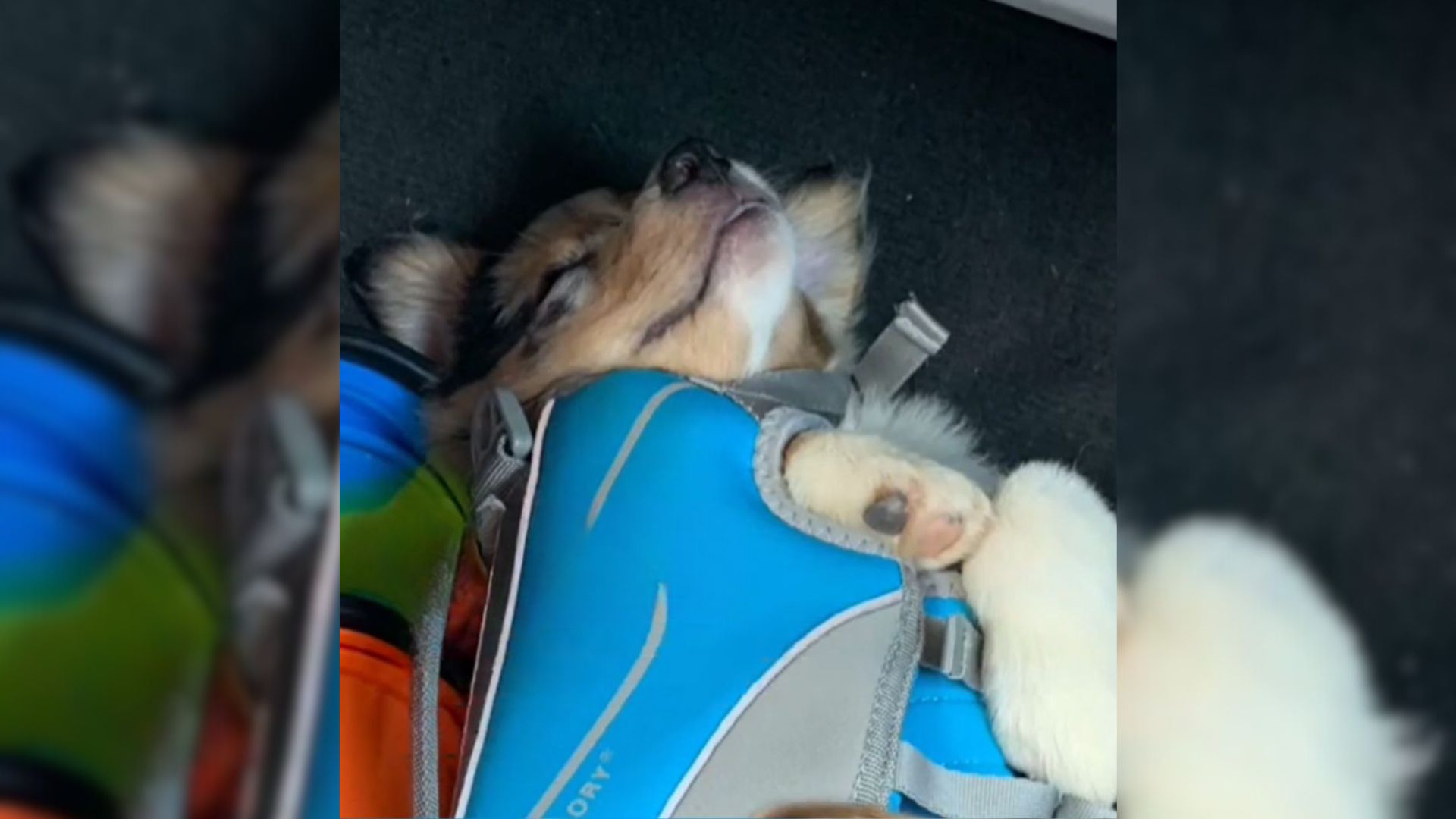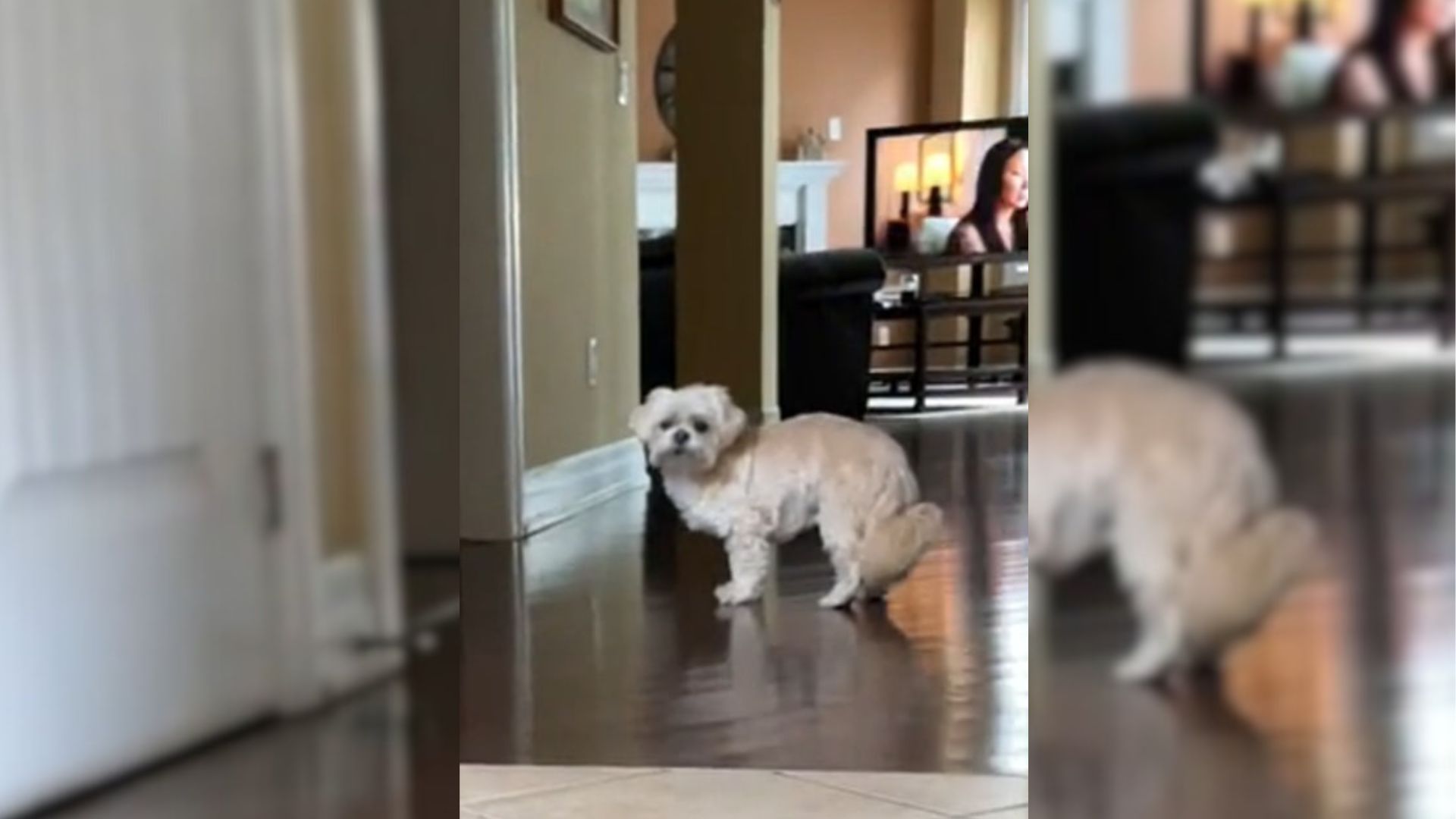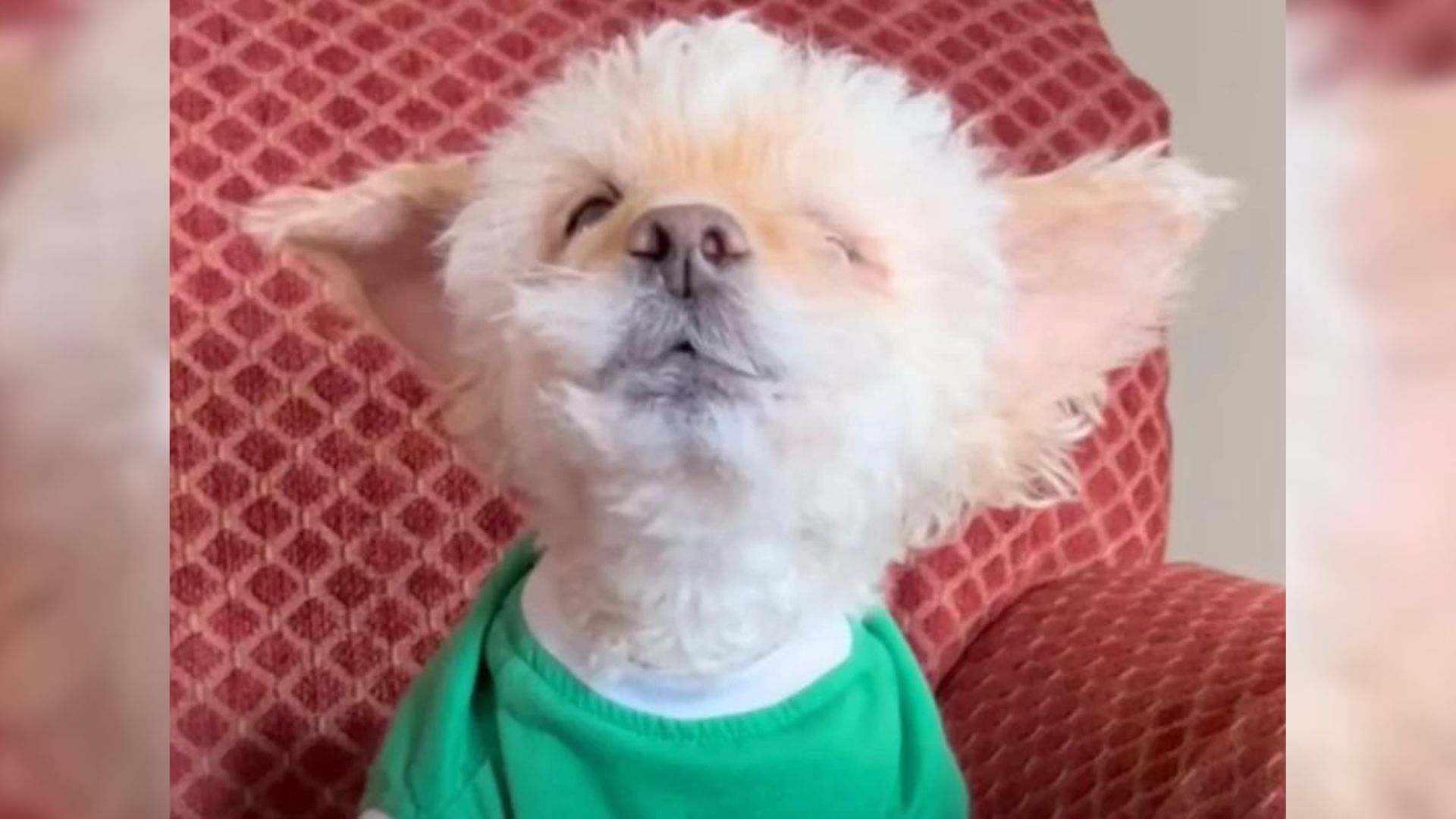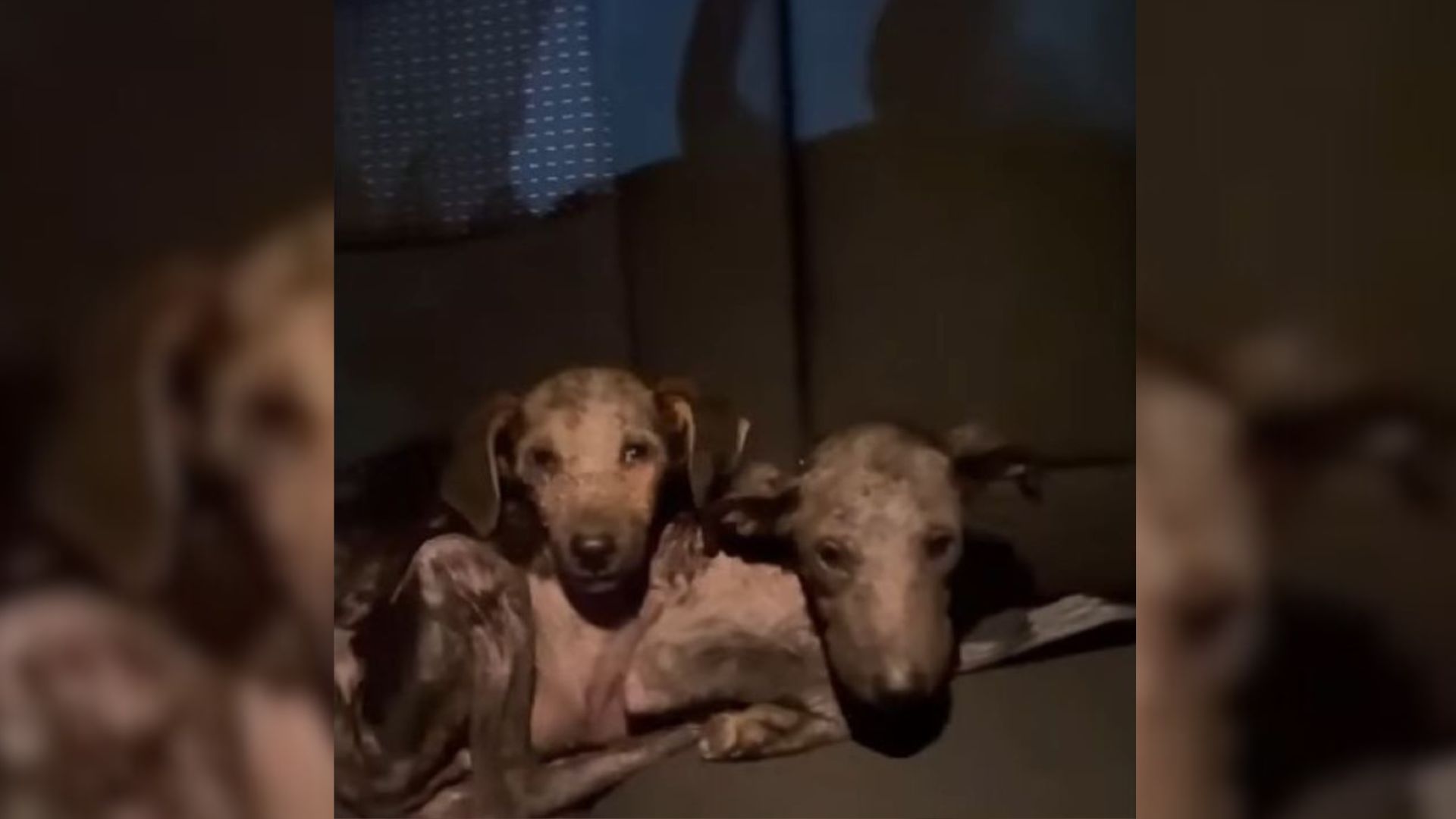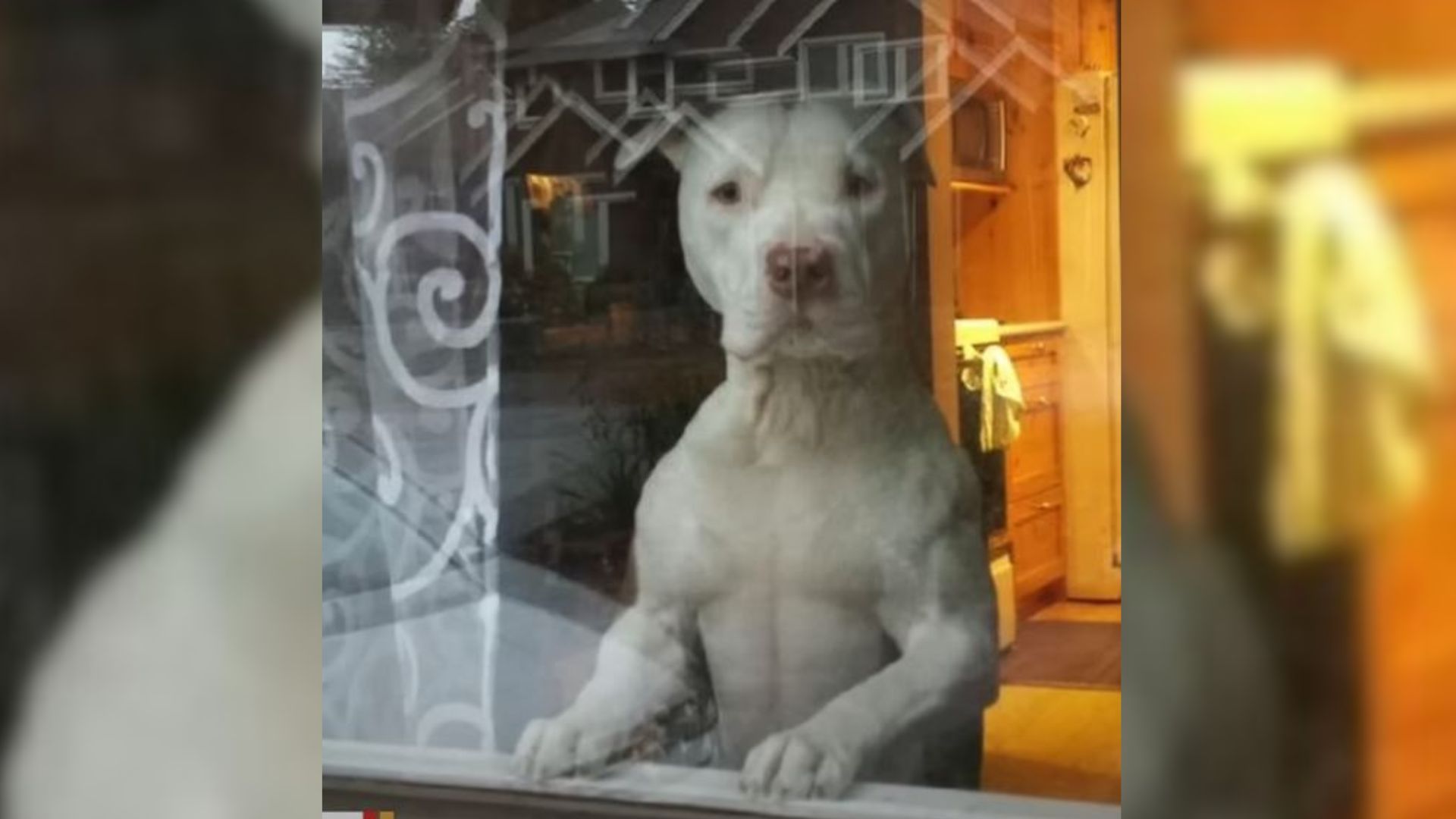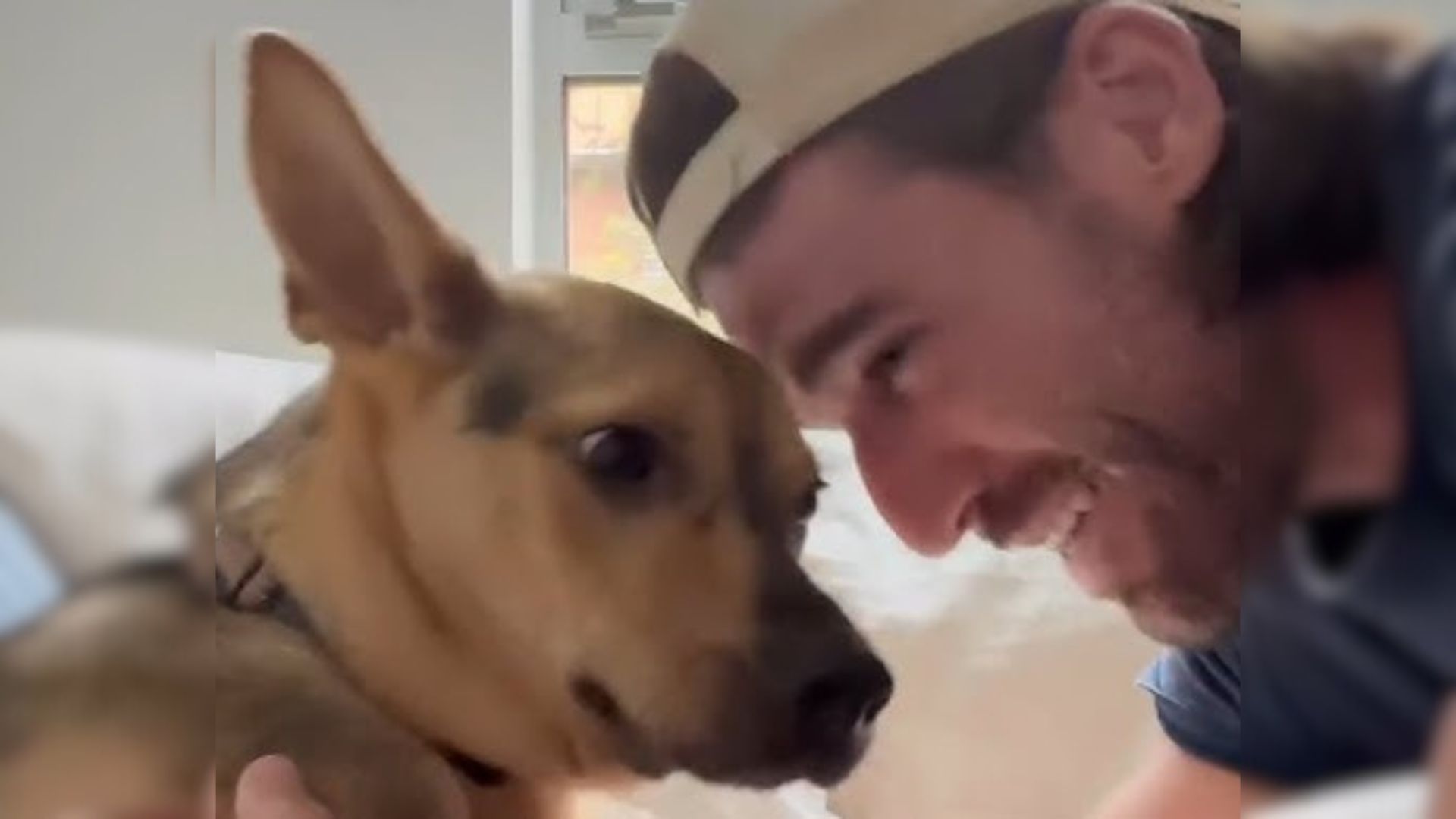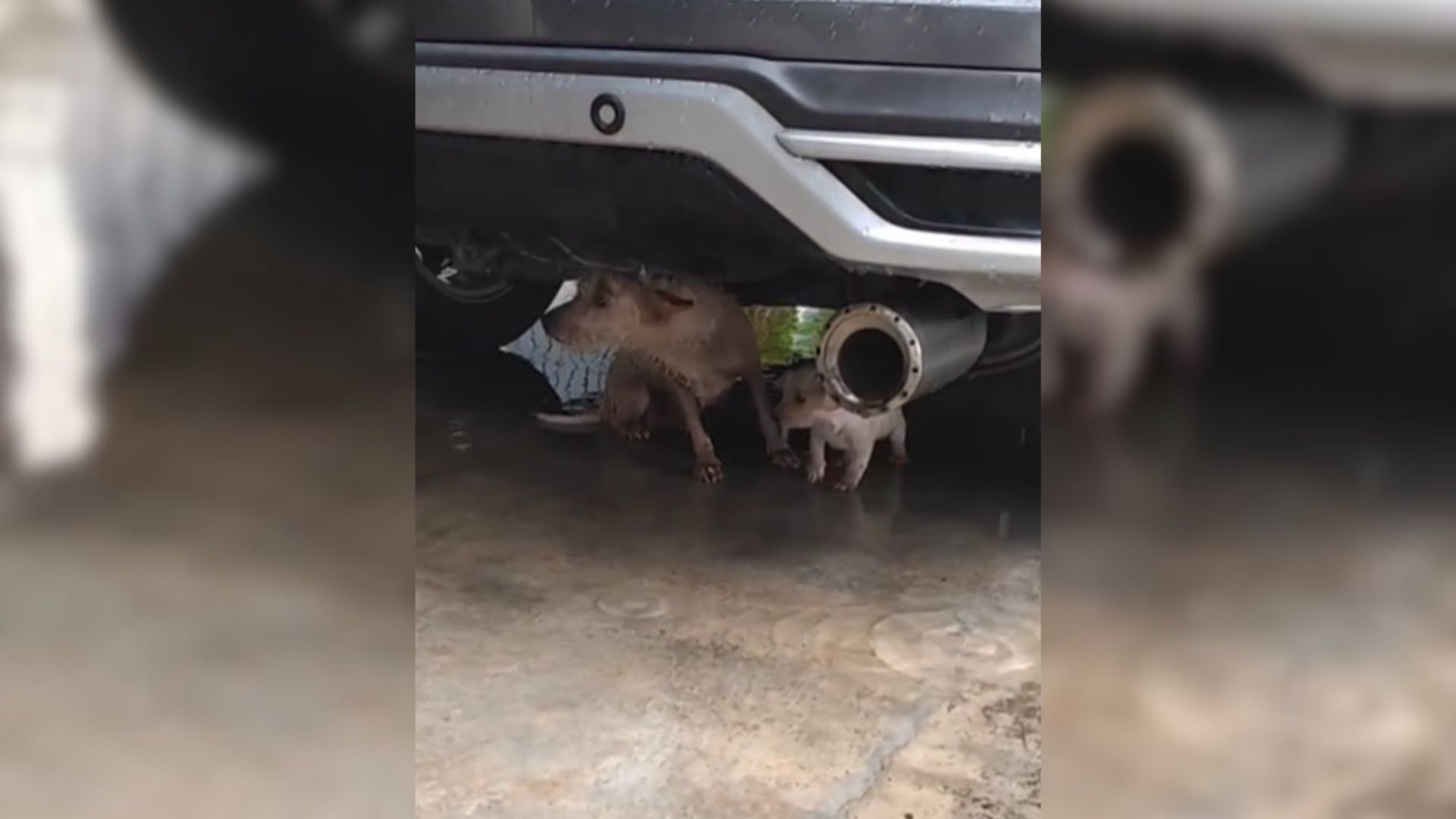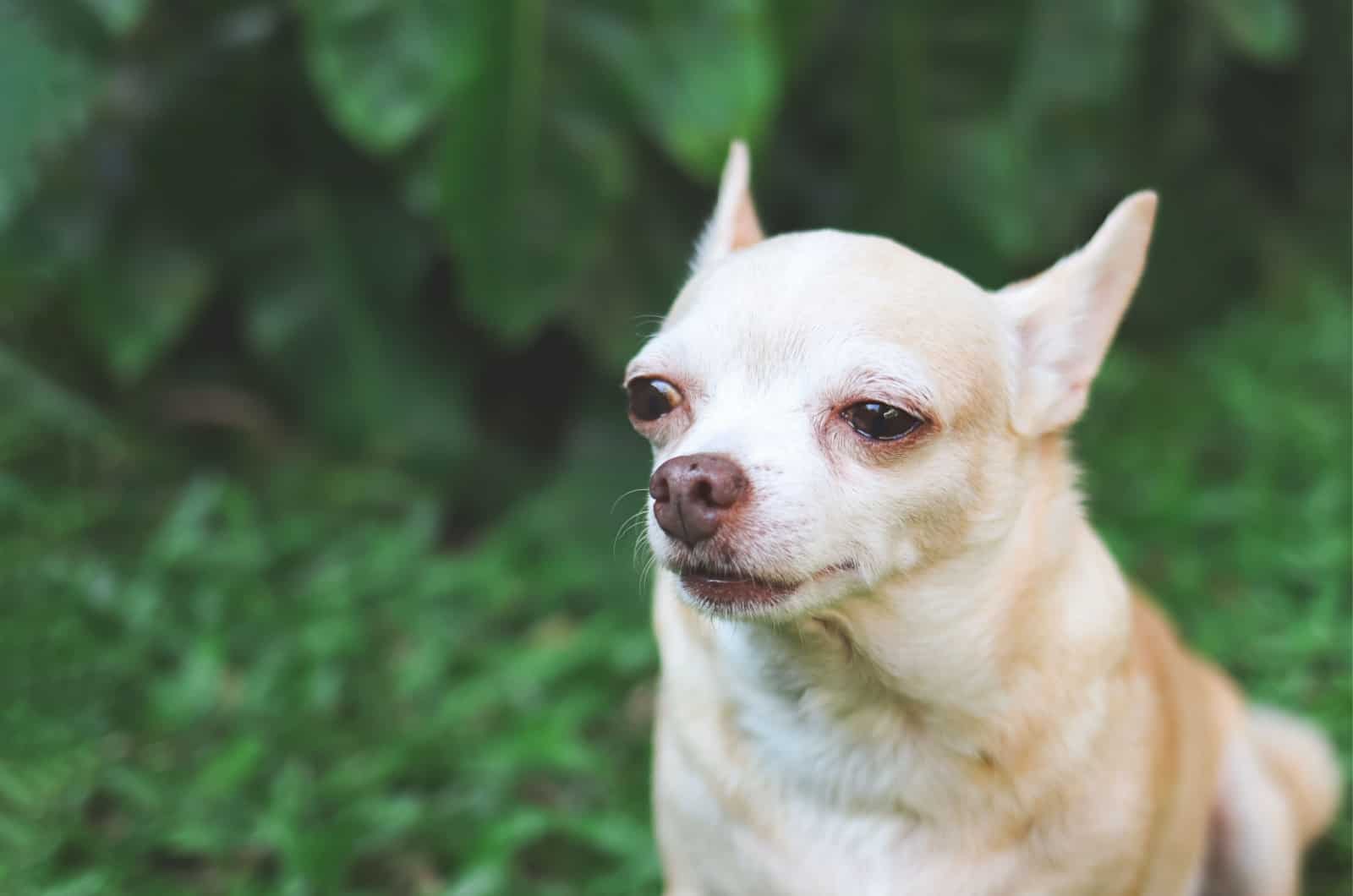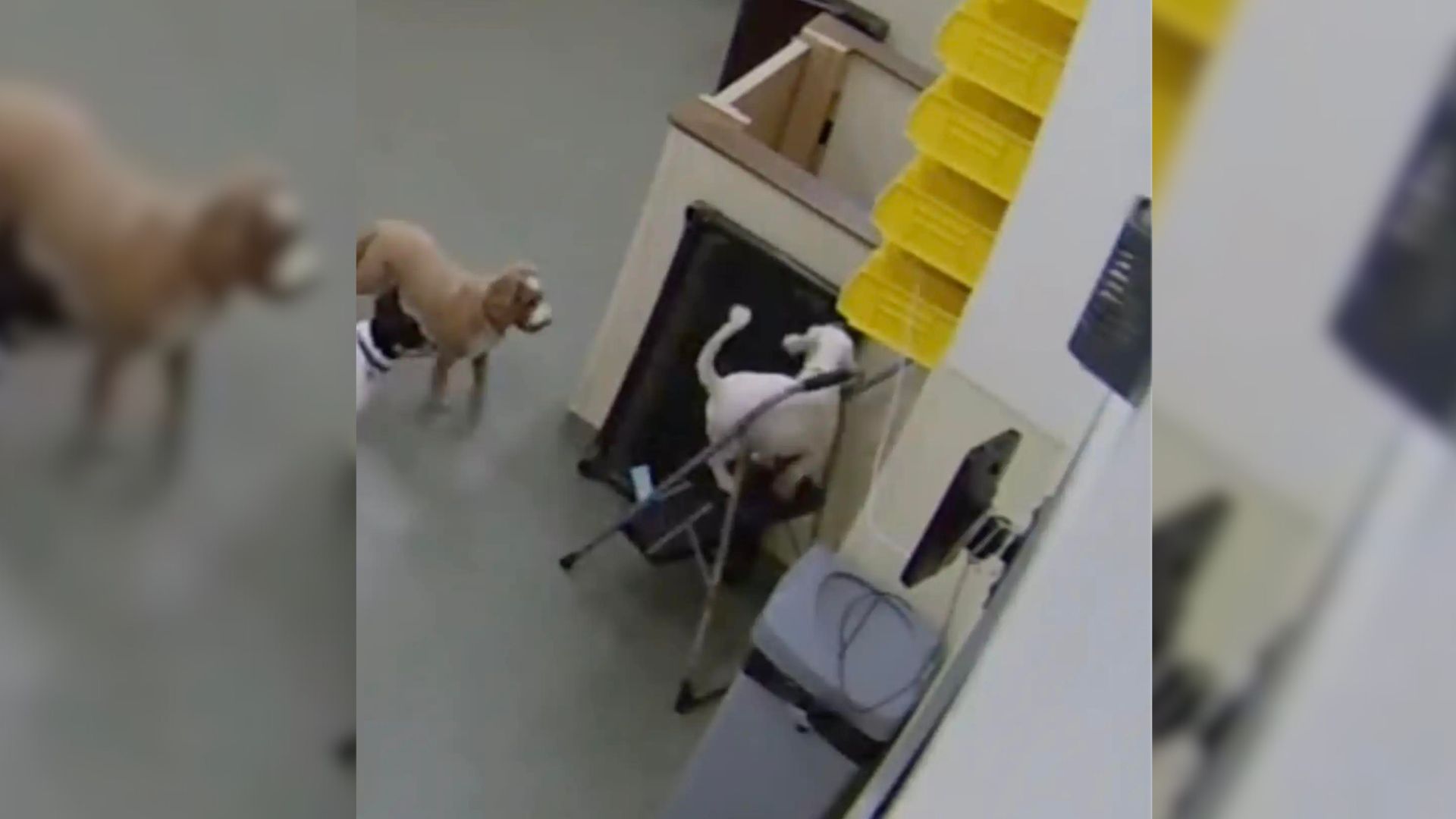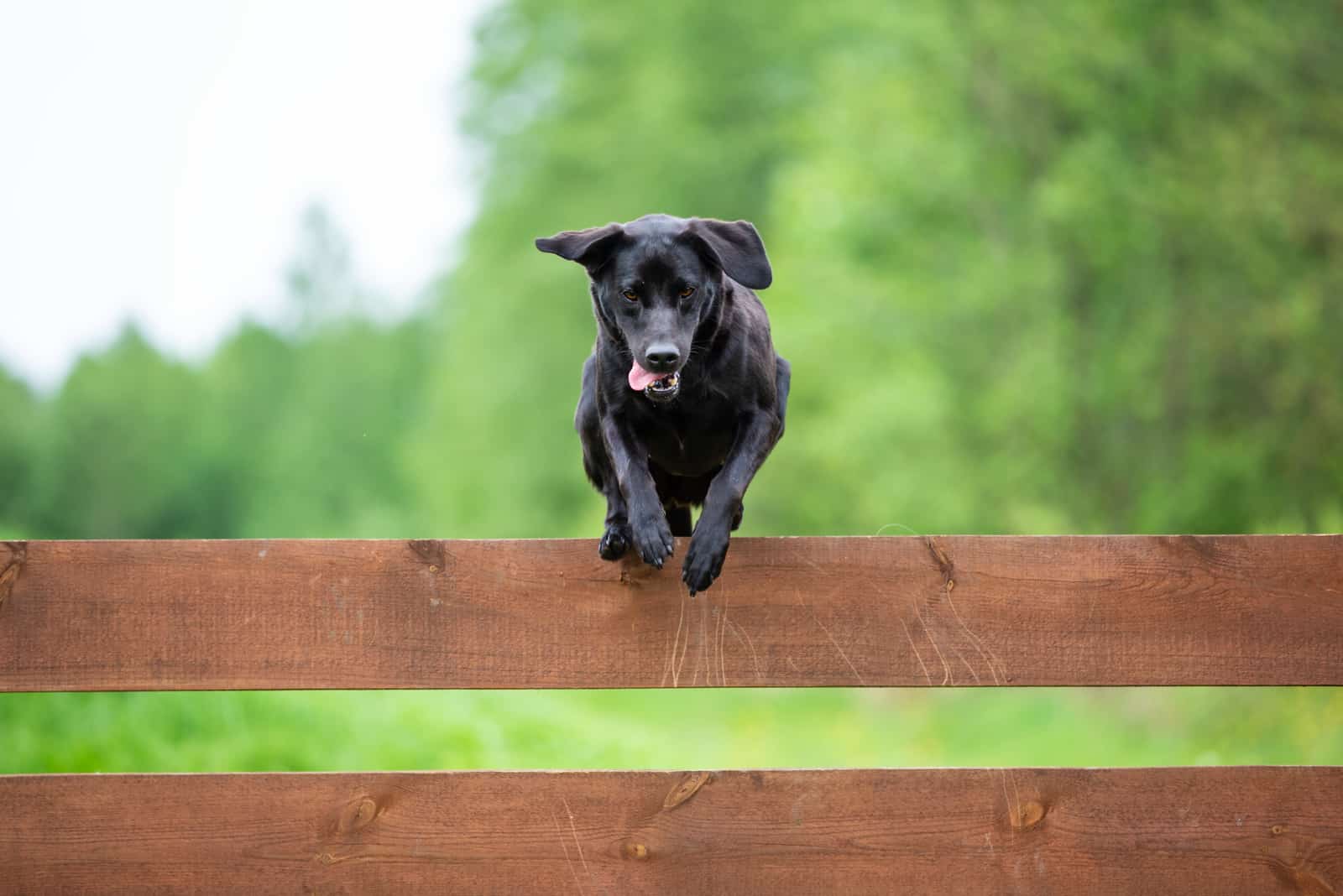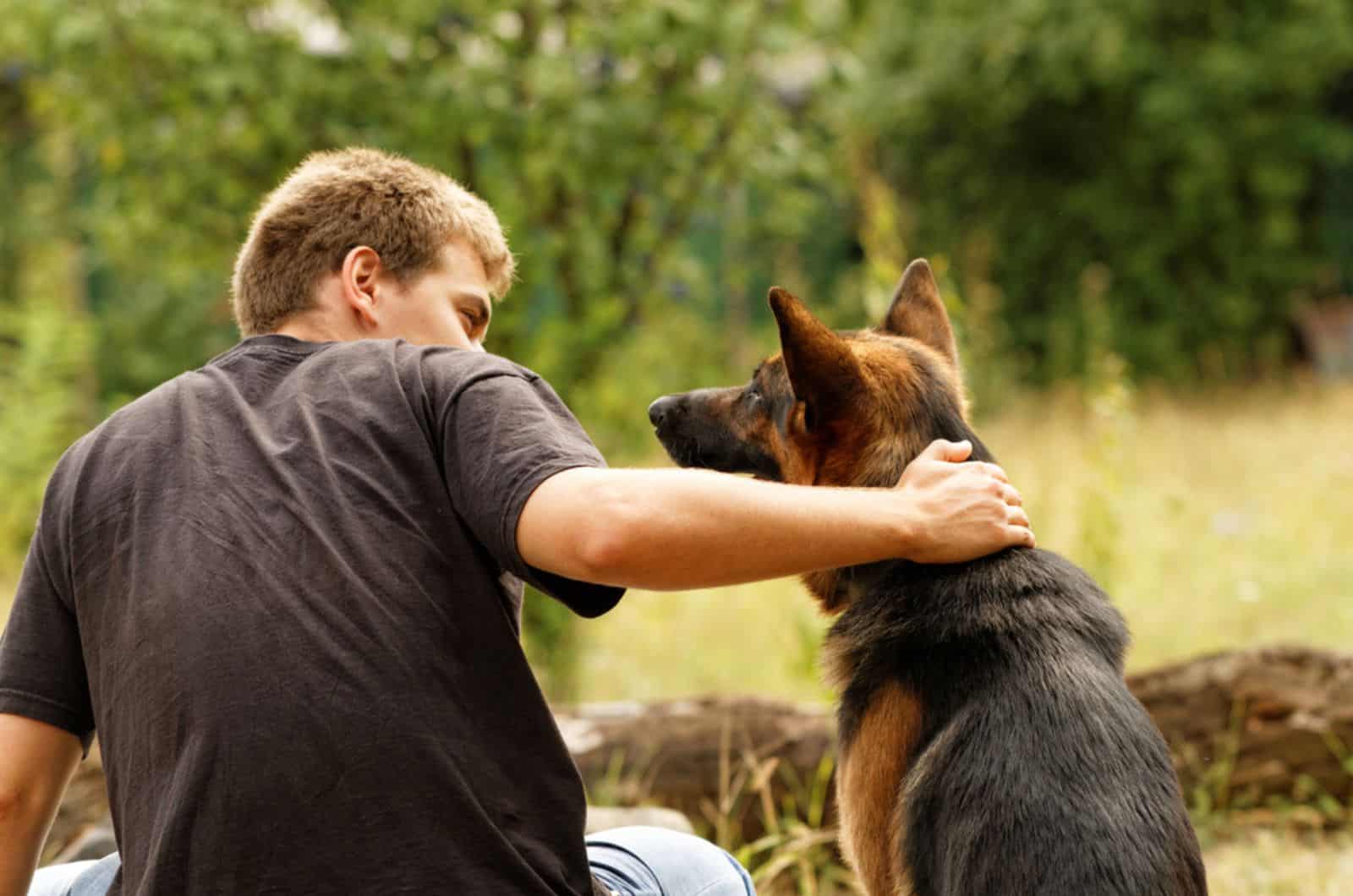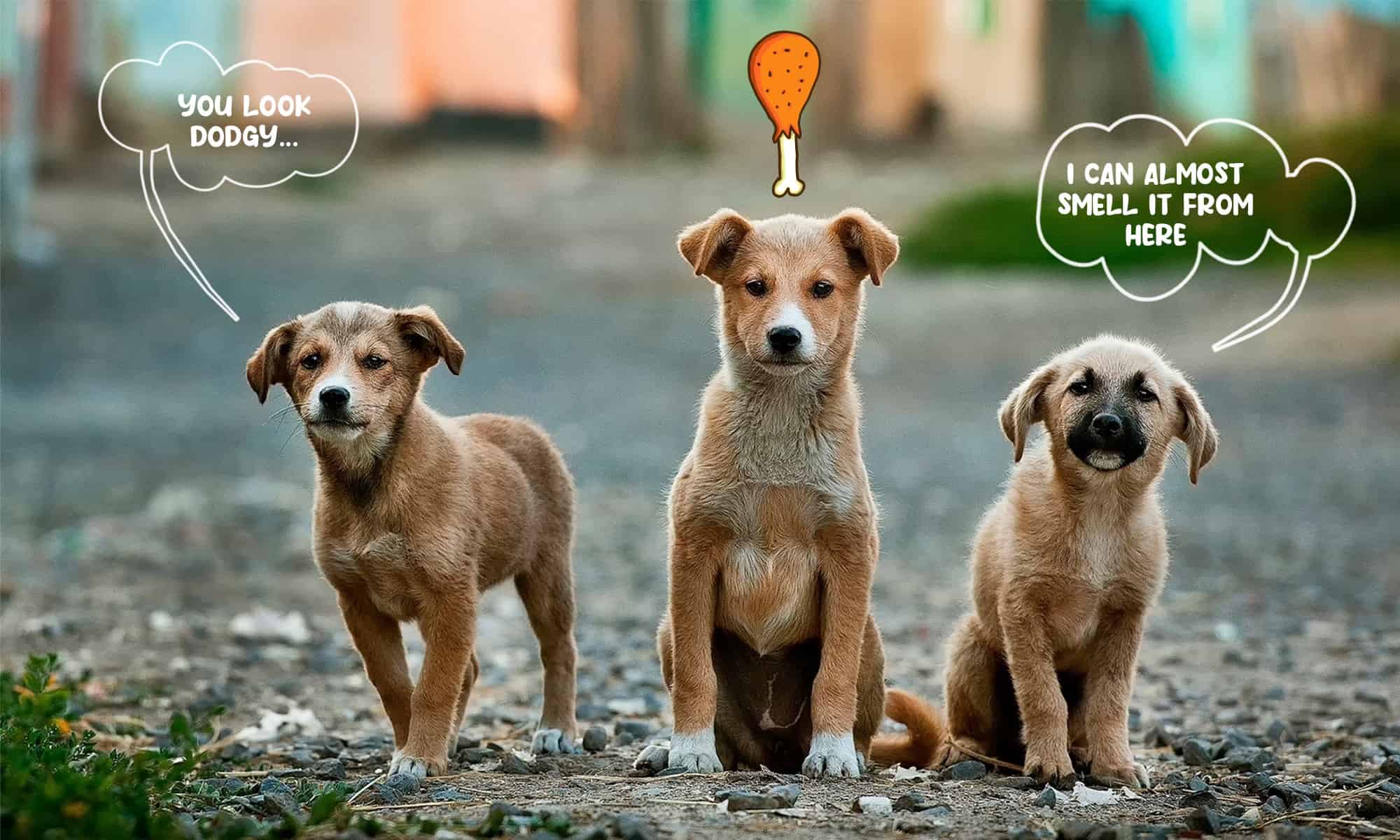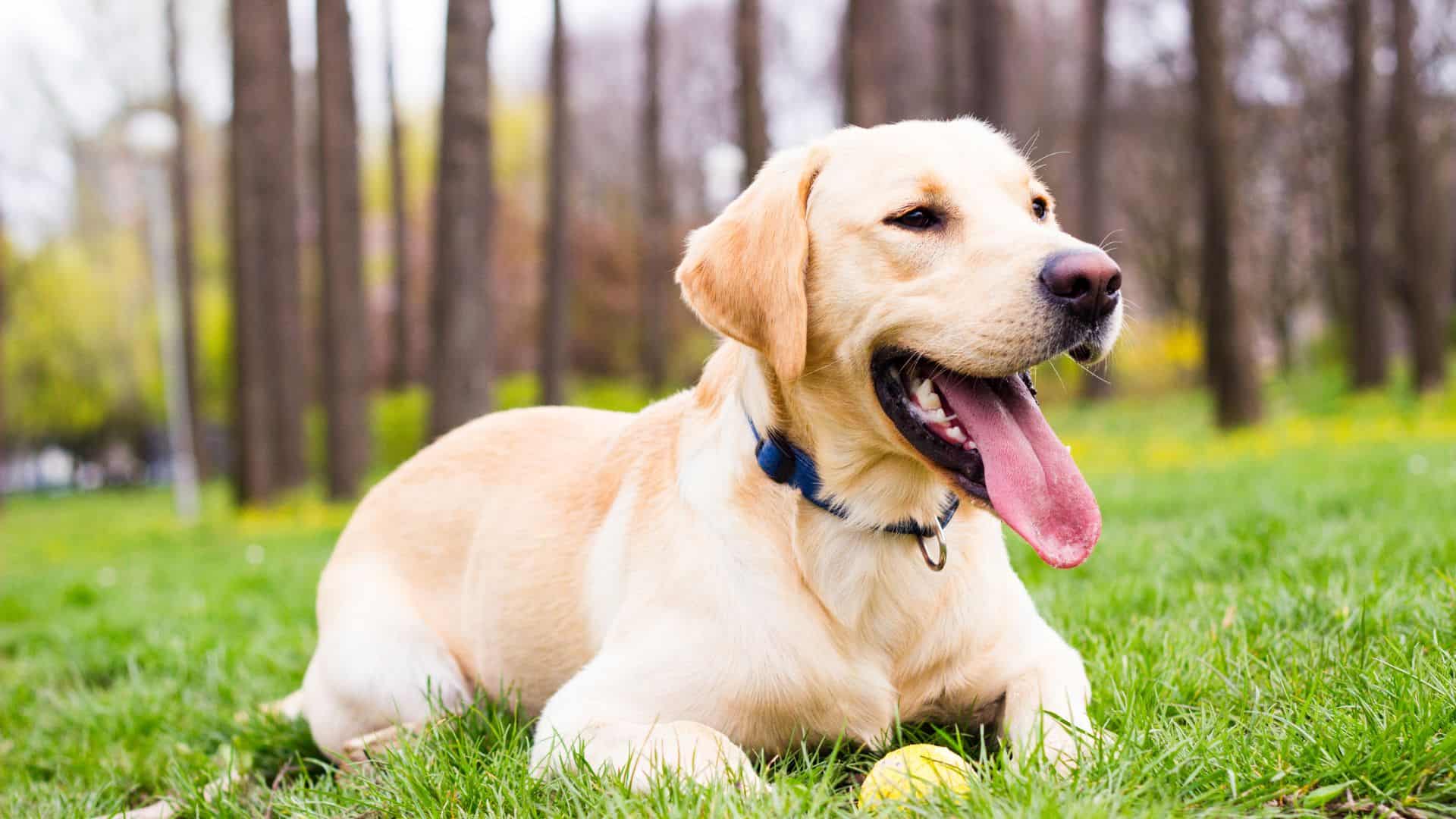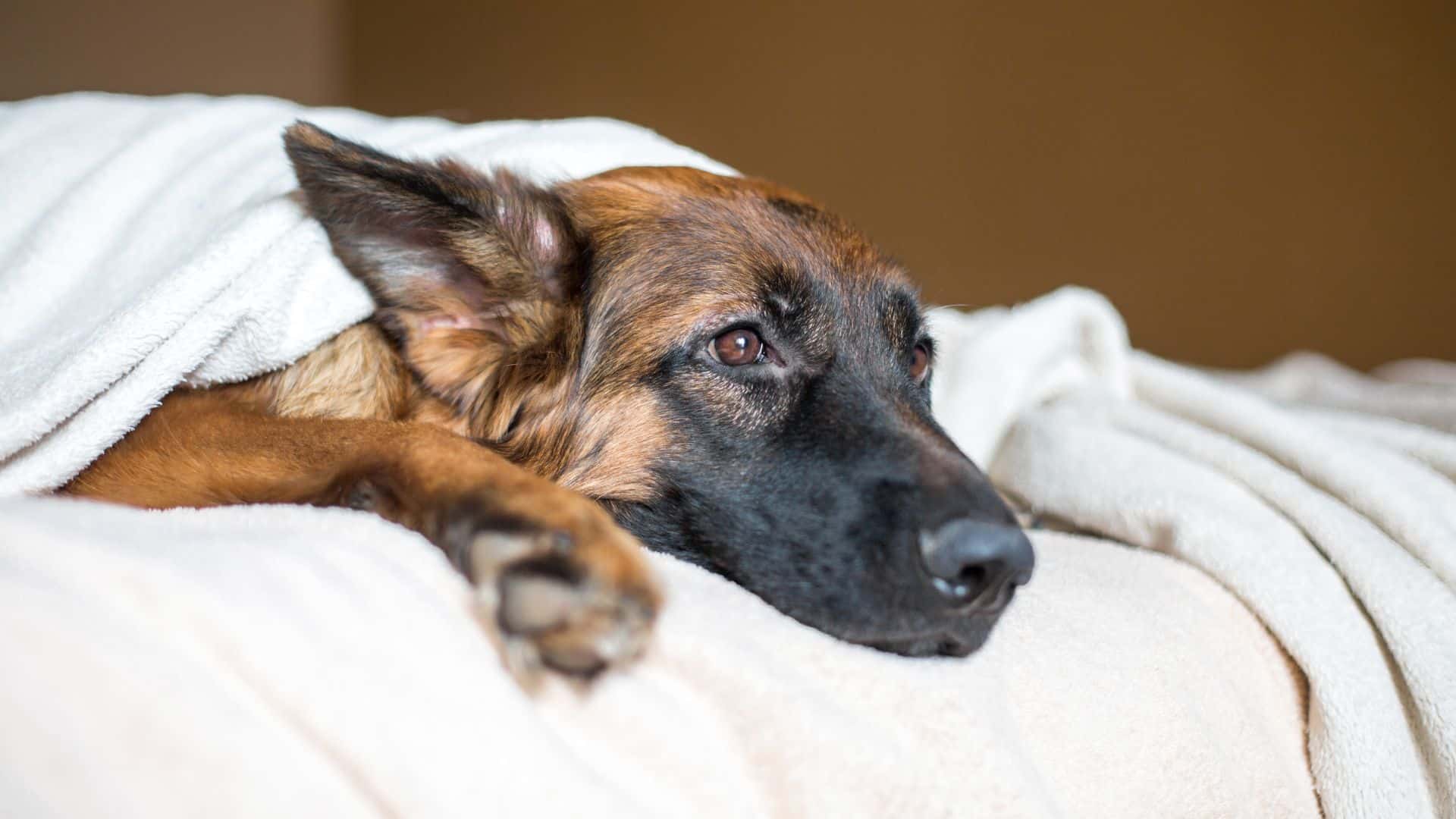Dogs are normally incredibly social animals, ones who always appear happy and jovial so it’s no surprise that dog owners would find it weird when their furry best friend looks a bit under the weather and they ask themselves, why does my dog look sad?
The answer to the question of why your dog may look sad, as always, isn’t as simple to answer as you may think, not without context at least, though the most likely cause is either fatigue or some form of dull pain that doesn’t warrant yowling in pain.
Of course, depression is another likely one, whether it’s caused from lack of attention and love or if it’s something that’s present due to genetics, either is possible.
There are a few others, which we’ll get to momentarily, but whatever the case may be, know that these forms of body language are great indicators of a potential problem and they shouldn’t be ignored.
Often it’s a prelude to something worse, but luckily most issues relating to this behavior are curable.
So, if you’d like to find out about all the potential causes of your dog’s sadness and what can be done about it, be sure to read on.
Why Does My Dog Look Sad: The 5 Most Likely Reasons
1. A Lack Of Attention

Depending on the breed of dog you’re dealing with, he’ll require a certain degree of attention. Some need more while some are content with less.
It’s the more social breeds that often require more of your presence around them to keep their mood up as they simply love hanging around others.
If they’re cooped up in a dog house or a crate all alone without others coming by, it’s easy for a dog to show signs of sadness or even depression in more severe cases.
You may think you’re giving him enough time, but he doesn’t feel that way.
It might be needy behavior on his part which often depends on how well he was trained, but there’s also the fact that the metrics often mentioned in various breed guides don’t depict the accurate amount of time needed.
It varies from dog to dog and you’re the only one who can accurately figure out how long that is for your furry friend.
That said, don’t boil it down to a science. Instead, just hang around your doggo when you can. He is part of the family now, after all and he shouldn’t be excluded.
2. He Has Done Something Wrong
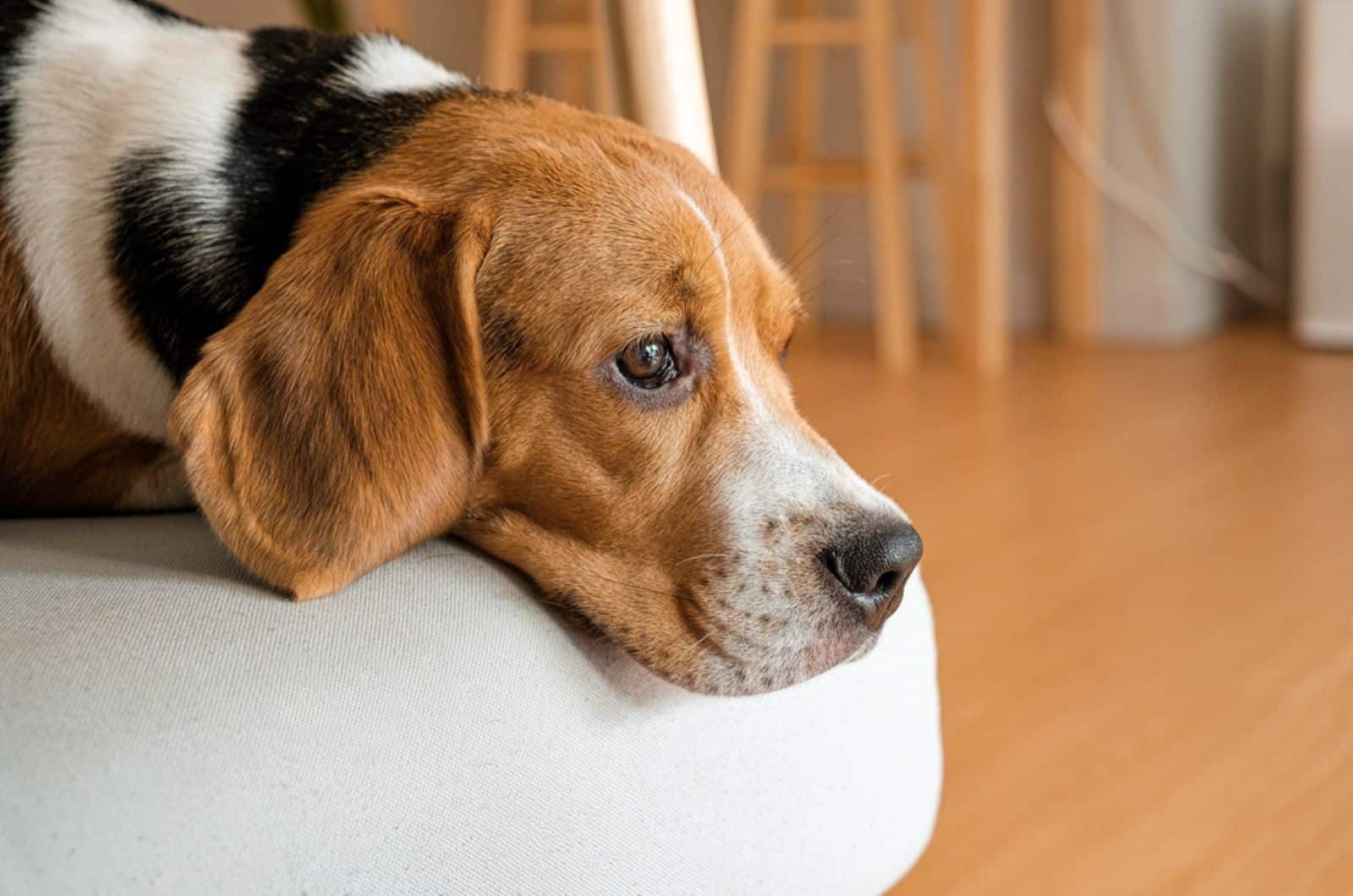
We all know the age old cliche of puppy dog eyes. Well, the cliche is very true and applies to real life.
If you see your dog acting all sad with his brow lifted and his eyes accentuated, or him trying to cower under his paws while facing away from a specific direction, then he has more than likely done something that he knows is wrong and is trying to garner pity.
In this case, there isn’t much you can do to fix the issue as the cause of it is often just tied to an accident.
If, however, it’s a frequent occurrence, then it may be something tied to lack of discipline, as previously mentioned, and your dog may require further training to get him back in line.
3. He Might Be In Pain
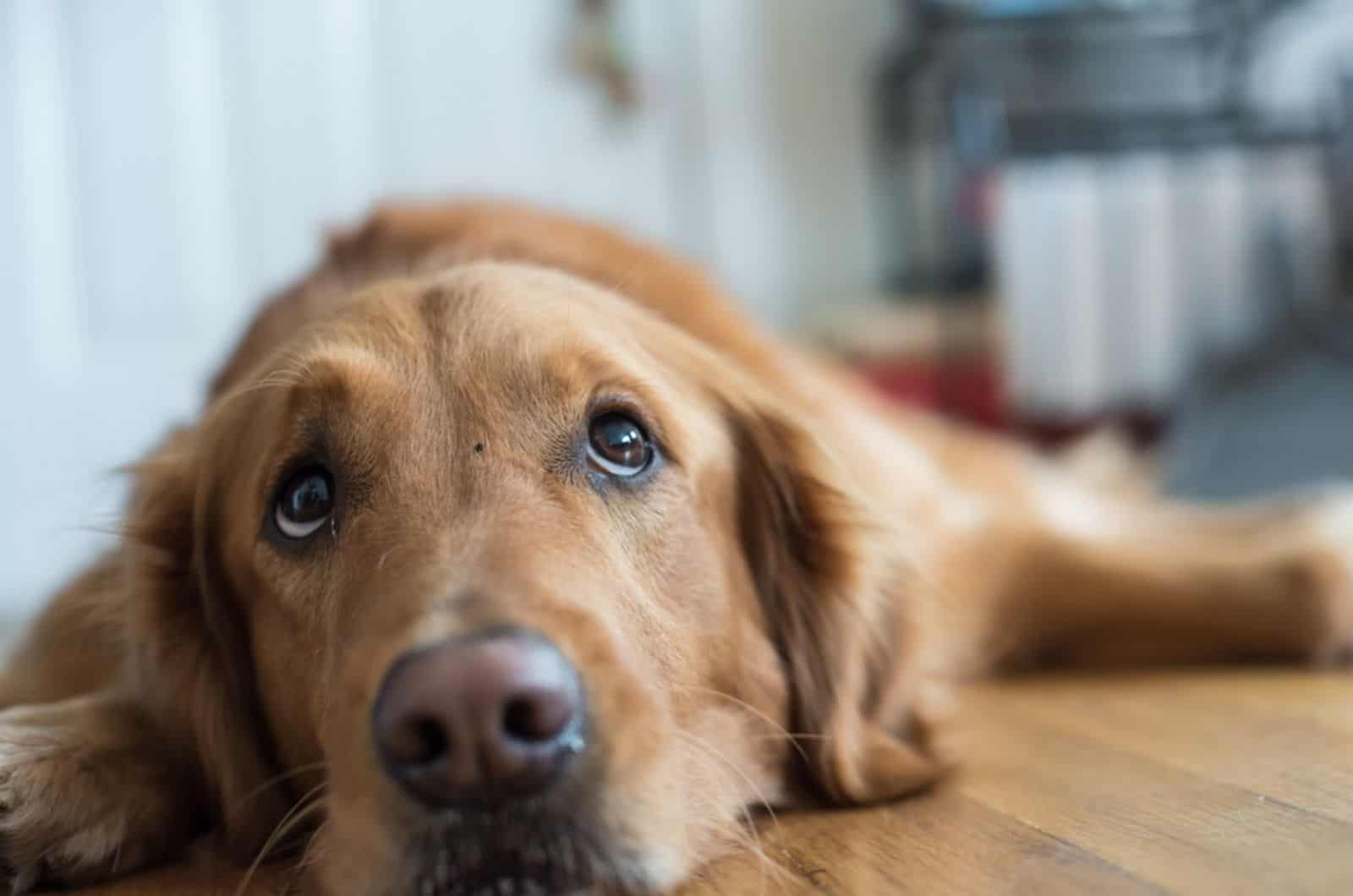
As dogs can’t really speak our language, they try to get our attention in different ways when something’s wrong with them.
Underlying health issues can often go unnoticed because of this, at least if they don’t have any other follow up symptoms as it may be hard to discern whether he’s just being sad due to potential depression or because he’s suffering from a potential health problem.
If you notice him acting this way all of a sudden and if this isn’t his usual behavior, I’d advise calling up a vet to inquire about the source of the potential issue.
If it does turn out to be some sort of problem, then ask what further steps ought to be taken.
I myself can’t really specify what said steps are here as the causes could be numerous with a wide variety of different treatment methods.
All I can really tell you is to watch out for any other symptoms that may accompany this behavior and report them to the vet so he can get to the diagnosis quicker.
4. Depression
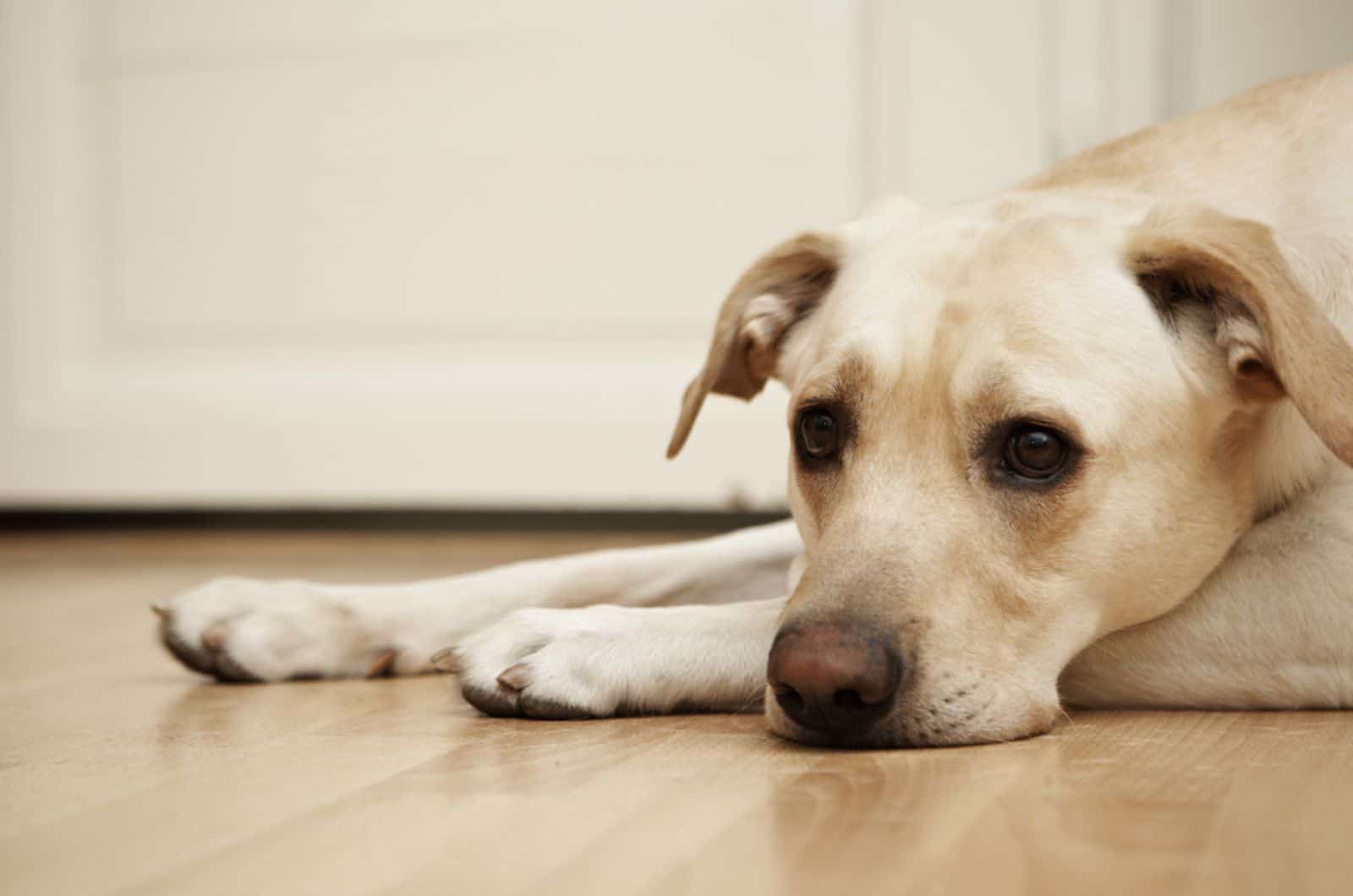
Another potential cause that I’ve briefly touched upon earlier could be that your dog is simply depressed, be it a genetic reason or a particular temporary condition.
While many people think of depression and sadness as the same thing, depression is more the next step above it really as it comes along with other symptoms besides looking down.
The signs of canine depression are similar to that of humans, though dogs do emphasize theirs more so it may be easier to spot.
For instance, a clear shift in mood with a lack of desire to do anything involving physical activity, something most dogs normally love, but for some reason, your dog had suddenly stopped finding enjoyment in.
Showing anxiety through unusual behaviors like constantly licking his paws, pacing restlessly or just sleeping poorly, one aspect which is a lot more pronounced than it would be in humans who often seek to hide it.
His discipline may start to waver too and he might be prone to bursts of disobedience, most likely from a growing sense of separation anxiety, despite you giving him enough attention, so don’t be surprised to see your slippers or some cushions torn up.
In worst case scenarios, you may even find him forgetting his potty training and making a mess of your house in other ways.
As a final, milder symptom, they may be seeking your attention and the attention of other family members a lot more than usual as he curls up beneath your feet.
As far as handling canine depression is concerned, it’s not easy.
The best advice I can give you is to provide him with as much love as you can while also consulting a pet behavior expert to see if there’s a particular reason for the sudden shift in behavior.
Thankfully, most of these episodes come and go, though they’re not easy to root out permanently. It comes and goes like the seasons.
Though there are ones that are temporary like the one that can come after a surgical procedure, particularly after a spay and neuter as the hormonal imbalance hits and tries to balance itself back out.
For that kind, the best you can do is wait it out while still being supportive of him.
5. A Sudden Change
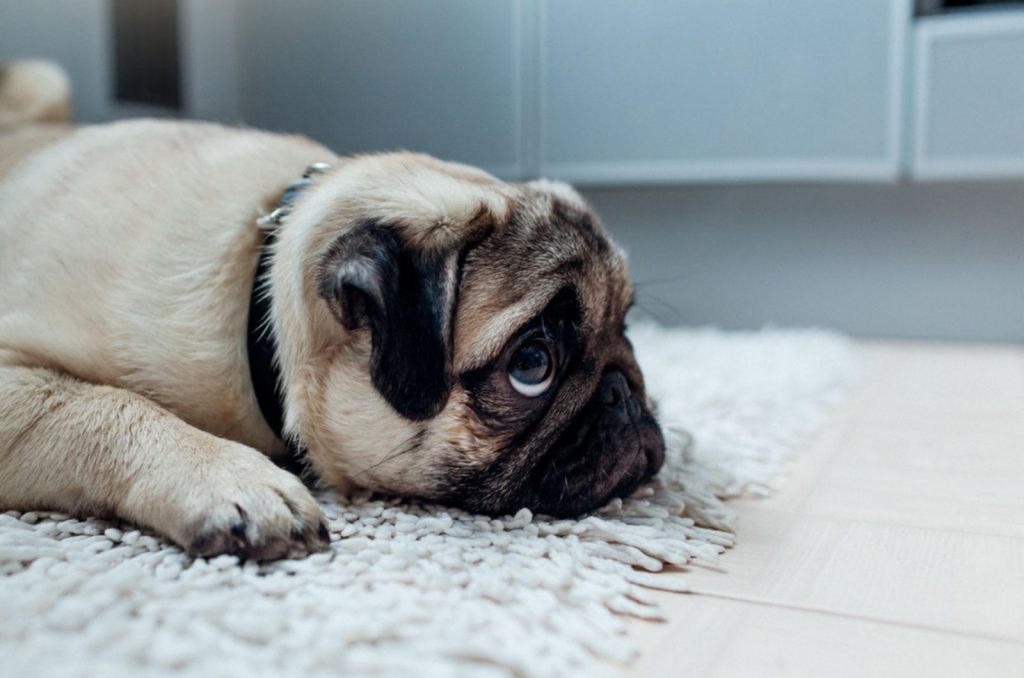
The final reason is one of the rarer ones, but one that can impact him just as greatly, a sudden change in his surroundings.
The most common triggers for this are moving house, going long distances from one place to another to an unknown area, or a family member moving out or passing away.
For the first one, the dog finds himself in an unfamiliar and unmarked area and he feels frazzled, at least for a few days until he adjusts. This form of sadness is common when he’s first rehomed or separated from his mother, but should pass in time.
The one that hits harder is when someone familiar to him passes away. While rarer given the difference in lifespan between dog and human, it hits a lot harder.
For the lucky ones who aren’t present for it, they’ll just wonder why they’re no longer around and may suffer from a brief sadness. This can also happen if someone leaves for a while, be it for university, army deployment or similar.
But, if the dog is around when a person passes, it may become a permanent condition followed by frequent wailing.
The remedy I can suggest is about as good as the one for depression, be there for him and make sure he has a place to be comfortable in.
Other than that, contact a pet behavior expert to see what other steps can be taken.
In Conclusion
Why does my dog look sad? It’s one of the many questions you’ll find yourself asking as a dog owner, one that’s important to your dog’s mental health and overall quality of life.
Unfortunately, neither the answer nor the solution to the question are ever all too clear as it always depends on the context surrounding the issue.
Some tend to be temporary and are caused by a lack of attention or an accidental mistake, others are more permanent as they’re caused by a problematic health issue or a heavy bout of depression.
The solution, for the most part, tends to revolve around simply being there for them more, but if that doesn’t seem to be solving anything, then a talk with your pet’s veterinarian or a pet behavior specialist will help you figure out the next steps and hopefully identify the root cause.
Regardless of what it ends up being, just make sure your good boy is comfortable. You’re the one he relies on the most.
Until next time, pet parents.
RELATED LINKS:
- Do Dogs Have Souls? Comforting Truths In Times Of Sadness
- Heartbroken Dog Refuses To Leave His Sister’s Dead Body
- Why Does My Dog Cry When Carrying Toys? 12 Possible Reasons
- Puppy Crying At Night In The Crate: 9 Reasons & How To Help
- Why Do Dogs Cry At Night? Advice For Worried Pet Parents

